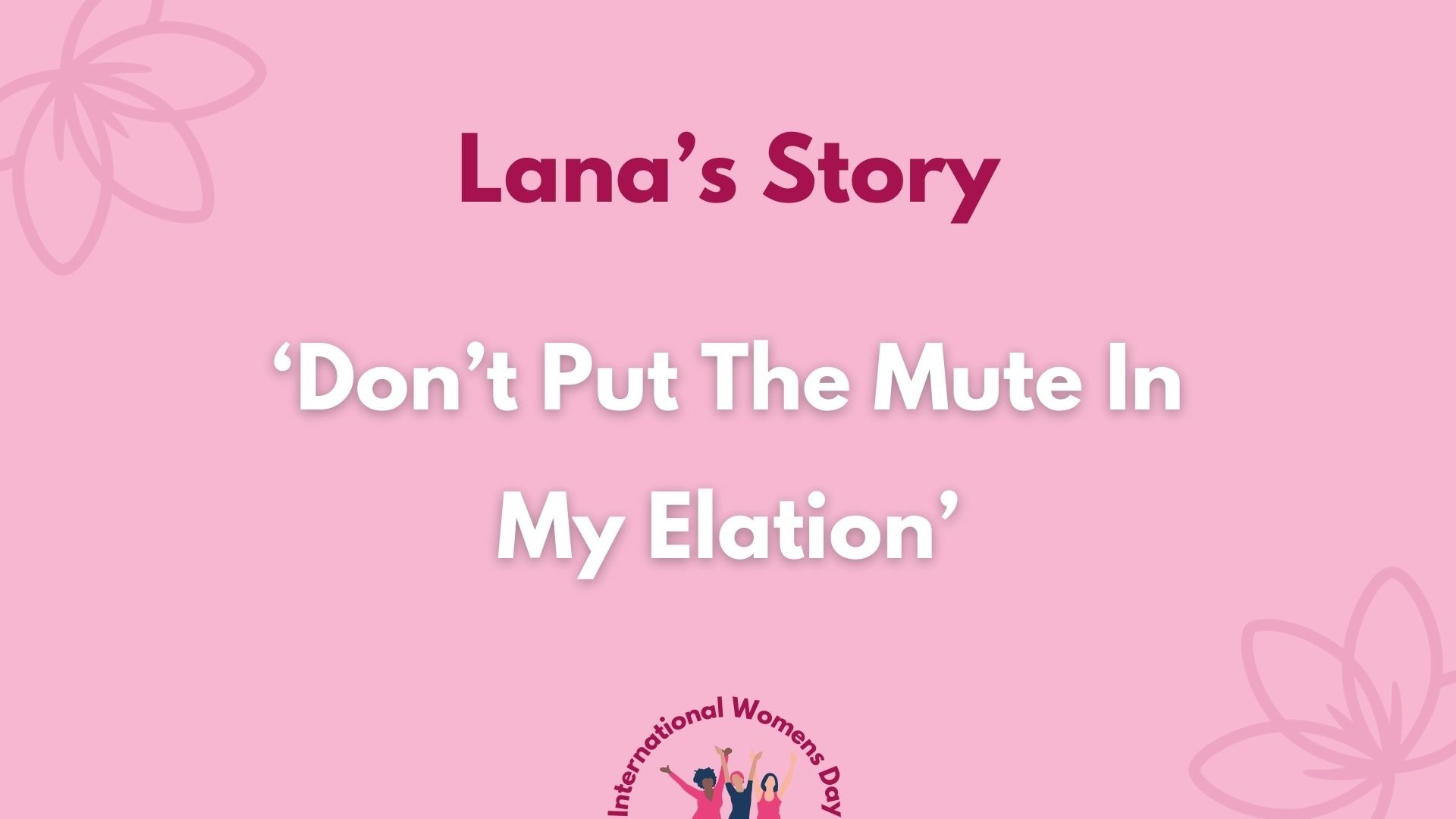Don’t Put the ‘Mute’ in my ‘Elation’
My name is Lana, I am 34 and live in Edinburgh with my husband, two children and cat. I am a breast cancer previvor, which is someone at increased genetic risk of breast (and often ovarian) cancer due to a mutation that runs in their family, in my case BRCA2, but who has not had a cancer diagnosis themselves.
Many previvors opt to have risk reducing surgery – I had bilateral mastectomies aged 29 – however not everyone with the gene chooses to have surgery, and those who do often struggle to access it, which I would like to see change. There are also other options such as more regular screening and/or medication such as tamoxifen which can be used to lower the risk of developing breast cancer.
I am incredibly grateful for my surgery, which has brought tremendous psychological relief and freedom, and wanted to share a more positive experience of mastectomy as this is often portrayed so negatively both in the media and within the breast surgery community, in language which harms women, shuts down choice and doesn’t reflect the experience of most individuals who have actually had the procedure.
I chose the title for this piece after hearing a recent lecture by one of the top UK breast cancer surgeons, which covered all aspects of the disease including prevention and was absolutely brilliant, except that he kept using terms such as “disfigured” and “mutilation” when talking about mastectomy.
That is absolutely not how I see myself, nor is it how I believe any other survivor or previvor should be made to feel. I am really concerned about the prevailing anti-mastectomy culture within the surgical community, the pursuit of breast preservation or reconstruction at all costs, which is not appropriate for everyone, and the removal of patient choice and autonomy by not presenting mastectomy as an option, or by discouraging and invalidating those who request it, either as prevention or treatment.
Even before knowing my breasts harboured the blueprint for my assassination, my relationship with them was complicated. I went through puberty very early and the unwelcome ballooning of my large, heavy breasts resulted in teasing and forced me to give up the sports and activities I loved due to both the physical and psychological discomfort. I was a saggy double D by the time I left primary school, my aching shoulders perpetually slumped in an attempt to minimise my bust.
When I was 15, my first aunt (my dad’s sister Angela) passed away from breast cancer. I remember the chilling horror that I felt on hearing the details of her illness; at that moment in my mind breasts went from something that ruined your life to something that could end your life.
Over the coming years a total of 7 paternal aunts and cousins were diagnosed with cancer, 6 breast and 1 ovarian. One cousin had it in both breasts. Four of them passed away from it, the other 3 had successful treatment.
As the body count grew, so did my conviction that there was a rogue gene in my family. I was referred to the genetics clinic, where I was initially fobbed off and told it was just bad luck, and when that would no longer fly, that paternal history didn’t count.
I was not deterred; every time another relative was diagnosed I made sure the clinic documented my family history and that I was asking for risk reducing bilateral mastectomy. Even after the genetic results confirmed my risk, I faced continuing resistance to getting the surgery that I was desperate to have, to lift the death sentence hanging over me.
I was forced to undergo a psychiatric evaluation during which I literally had to argue the case for why saving my life, why my kids having a mum, was more important than my attractiveness or otherwise to heterosexual men. The first question was “What does your husband think?” and the second was “What if your husband left you or died, and you met someone else and they didn’t like it?”! Being asked for a man’s permission to have life saving surgery, or any surgery for that matter, seemed so mediaeval and absurd that I briefly wondered if I was in the right century!
I resented the inference that I had so little else going for me that the appearance of my chest would be a dealbreaker in any relationship, and felt certain that if something was growing on a man that had exactly the same risk of turning cancerous it would just be removed without them having to jump through all these hoops.
I also disagreed with the clinicians’ apparent belief that a mastectomy even makes someone less attractive – beauty is subjective and to me there is nothing more beautiful than the gift of life. My surgery is a victory not a disfigurement.
Eventually I was approved and was overjoyed to be set free from my family’s curse, but even then was forced to accept unwanted silicone implants stuffed painfully under my chest muscles as a condition of surgery, which I have since had removed.
On the morning of the operation, the surgeon, who was a woman, came round and said that she was going to put a pair of expanders in, which I would have to come back several times to get progressively filled with saline. I said that getting pumped up like a pneumatic doll wasn’t for me, and however it was when I woke up, that was how I would leave it. She said that if I wasn’t willing to have the expanders filled I would have to have a pair of silicone implants. I had always envisaged that my chest would be flat after the surgery, and that if I wanted I could wear something to pad out my bra which I could take off at night, not something shoved inside me that I would be stuck with. I asked “Do I have to have implants, can I not just be free, can I not just be me?” Her reply was no, they would not let a 29 year old woman walk out of there flat chested, so I could either sign the consent form for the implants or they would cancel my surgery.
I made a split second decision – I’d spent my entire 20’s fighting for this surgery and it would probably be a lot easier to get the implants out later on, and at least they had no malignant potential, so I signed the form and went off to theatre.
I recovered quickly and was soon back to my normal activities, however the hard, uncomfortable implants which I dubbed “Frankentits” pulled every time my chest muscles contracted, and were bent out of shape after a few weeks due to lifting a toddler and buggy and being a regular swimmer. I also could no longer sleep on my front as it was like lying on two cricket balls.
My first few pleas to remove them were ignored – again the surgeons’ beliefs about what I ought to look like in the nude were prioritised above my wellbeing, however due to the type of implants I had being linked to a very rare type of lymphoma, a directive was issued to the NHS to remove them if a patient requested, and I was able to get them out last year.
My chest is not completely flat due to having had implants, and my pectoral muscles, having been partially dissected to accommodate the foreign material, will probably never heal fully, but I finally feel at peace with my body. I have both the physical and psychological comfort I craved, and my risk of breast cancer is now about 1% or less, much lower than the average woman. If a lump ever did develop, it would have nowhere to hide.
I am going on holiday for the first time in several years and came across the We Wear Boost breast forms when looking for something that I could wear inside a swimsuit. I love the idea that it is brightly coloured and caters to the wearer’s priorities such as comfort and function rather than just being about trying to pass as having breasts.
My message to anyone considering or having had mastectomy surgery, whether for treatment or prevention, is that it can be a really beautiful, healthy and freeing choice and we do not have to hide, feel ashamed or talk about it in whispers.



![NHS Innovation Accelerator Logo 2024 [White, Transparent Background]-min NHS Innovation Accelerator Logo 2024 [White, Transparent Background]-min](https://wewearboost.com/wp-content/uploads/2022/05/NHS-Innovation-Accelerator-Logo-2024-White-Transparent-Background-min.png)

